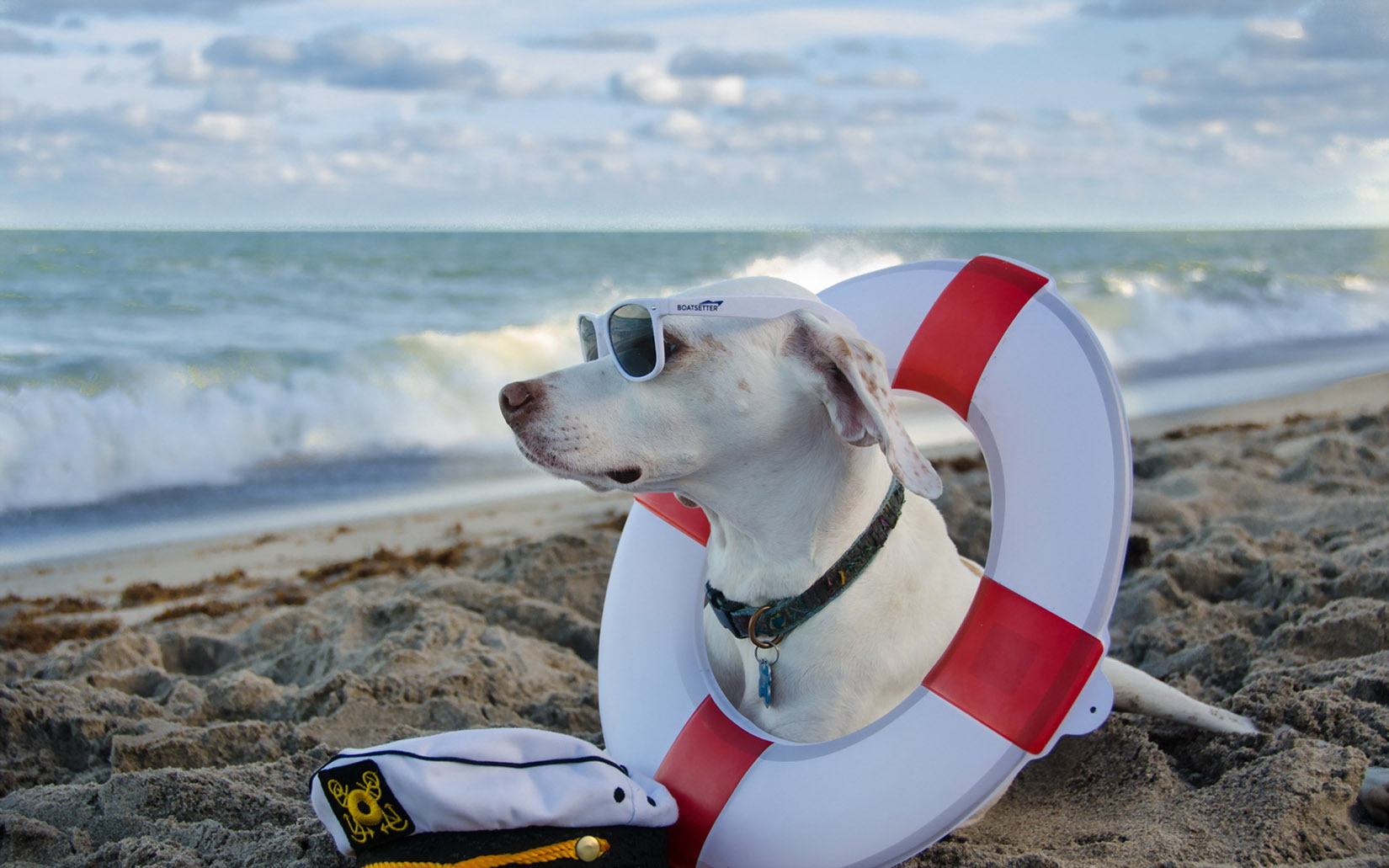Written by
Australian Dog Lover
10:16:00
-
0
Comments
As the holiday season draws near and we prepare to entertain our family and friends at Christmas, New Year's or throughout the long-awaited summer months, we can’t forget about the welfare of our pets.
While the holidays are full of celebrations and reconnecting with loved ones, PETstock VET Dr Sasha Nefedova reminds us to prepare pets for potential stressors of excessive noise, tempting decorations, sweltering summer heat and toxic foods that pose significant risk to our pets health and wellbeing.
#1. Guest entertainment
Try to keep things as normal as possible by sticking to their feeding and exercise schedule as best you can.
Allocate a quiet room around the house that they’re used to where your pet can relax and be comforted by enriching treats or toys.
For highly active pets, playing and exercising with them before guests arrive will keep them calm and less energetic around your visitors.
#2. Toxic and unsafe foods
Some of the most toxic foods for pets are found in common Christmas or summer meals, and while we want to involve our pets in our celebrations, festive foods can be fatal.
Ensure all alcohol, chocolate, avocado, Christmas pudding, cooked bones, fruit cake, grapes, gravy, ham, lollies, macadamia nuts, onion, pork and raisins/sultanas are kept well out of paws’ reach.
If you suspect that your pet has eaten something dangerous, monitor for any changes in their appearance or behaviour.
Common reactions may include bad breath, excessive panting, poor breathing, muscle twitching, vomiting and diarrhoea. If your pet demonstrates any of these symptoms, contact your local vet immediately or call 13PETS.
Summer fruits including oranges, grapefruit, lemons, and limes can be toxic to pets if ingested, particularly the peel, seeds, or stems, so ensure all fruit platters are kept out of reach.
#3. Heat stroke
Aussie summers are hot and often humid, and pets are extremely susceptible to heat stress so ensure they have access to plenty of water and shade. Ice cubes can be added to their water throughout the day or given to them as a makeshift enrichment toy.
Frozen treats will also help to cool them down while mentally stimulating them at the same time.
Signs of heat stress can include uncontrolled panting, bright red gums and tongue, and in serious cases your pet can collapse. If you notice any of these symptoms, please contact your local vet.
#4. Beach and sunscreen safety
If you are heading to the beach, avoid walking them on hot sand to protect their paws and ensure they have plenty of fresh water available if they get too hot or drink the salty water.
Once dried, salt water can be irritating for their skin so give your four-legged adventurer a rinse or bath once you get home.
Just like humans, pets too can get sunburnt so it’s important that owners take pet-friendly sunscreen on any outdoor excursions.
When you’re at the beach with your pet, take some bright and waterproof toys to keep them entertained and active. Involving them in a game of cricket is also a great way to keep them
mentally and physically active.
#5. Pet-proof decorations
To a pet, a Christmas tree is a life-sized toy with attractive tinsel and lights, baubles the size of tennis balls, and delicious-looking candy canes. When decorating the tree, place your pet in another room to dissuade them from interpreting the excitement as an invitation to play.
If your pet is fascinated by the ornaments, ensure anything risky like glass baubles or candy canes are hung out of reach and the tree is safely secured.
Pets should always be supervised around the tree, so consider restricting access by setting up your decorations in a room where the door can be closed, or a barrier can be created by using a pen.
#6. Festive lighting
Cords for lighting should be kept neat, tidy, and out of sight from pets. If your puppy or kitten is teething and chewing, be extra cautious with extension leads as they are soft and highly desirable chew objects.

If your pet does cause destruction with your Christmas decorations and ingest plastic, glass or tinsel, see your local vet immediately.
#7. Snakes and bees
Pets are curious creatures that love to follow their nose and explore their surroundings. Though snakes don’t want to interact with pets, they will try to defend themselves if they feel threatened.
If you see your dog sniffing or scratching at a hole or sand dune, distract them with a toy.
For a pet that has been stung by a bee, monitor them closely for any swelling, licking of the sting or excessive scratching. If your pet starts to vomit or has difficulty breathing, take them to the vet immediately.
MEDIA RELEASE, 6th December 2021










